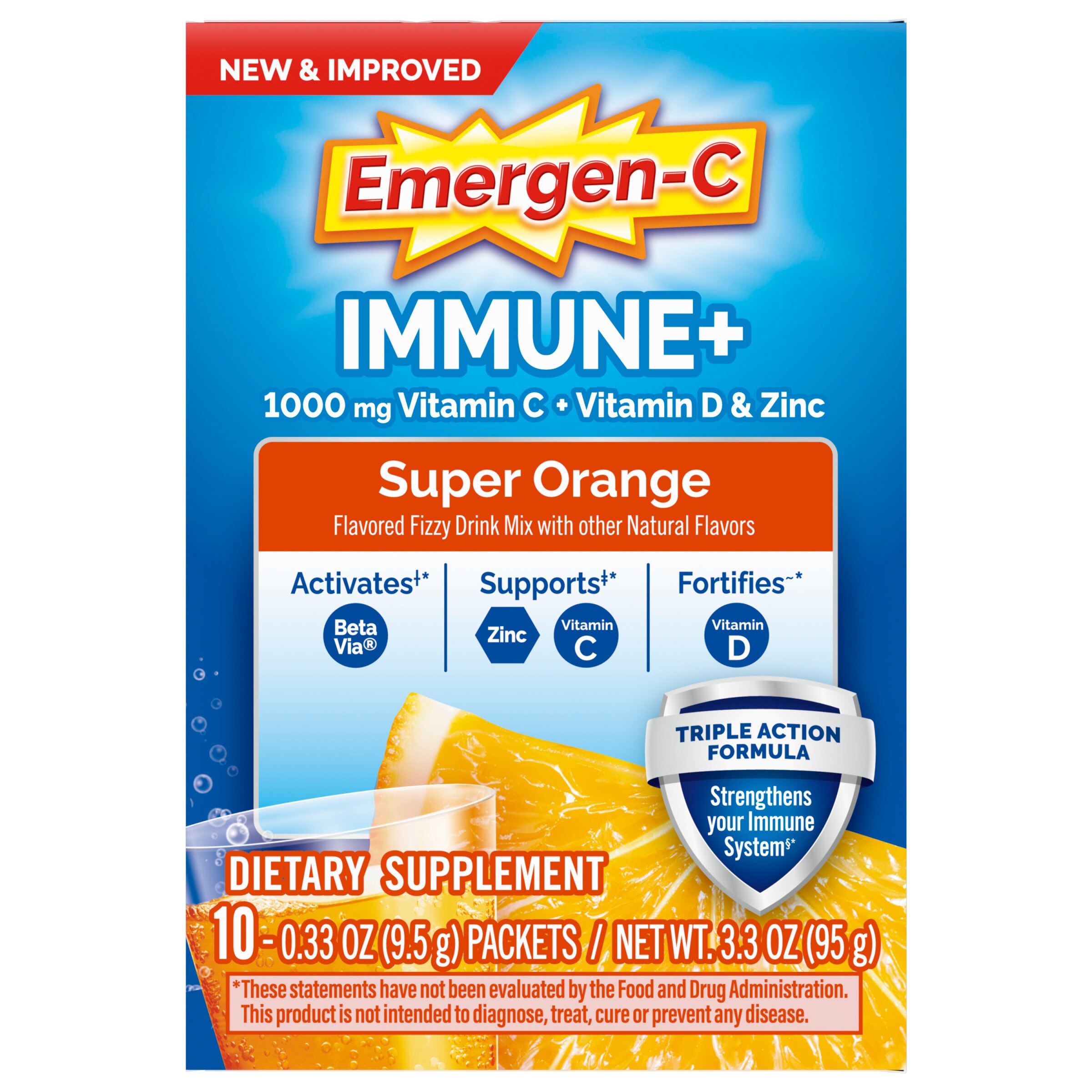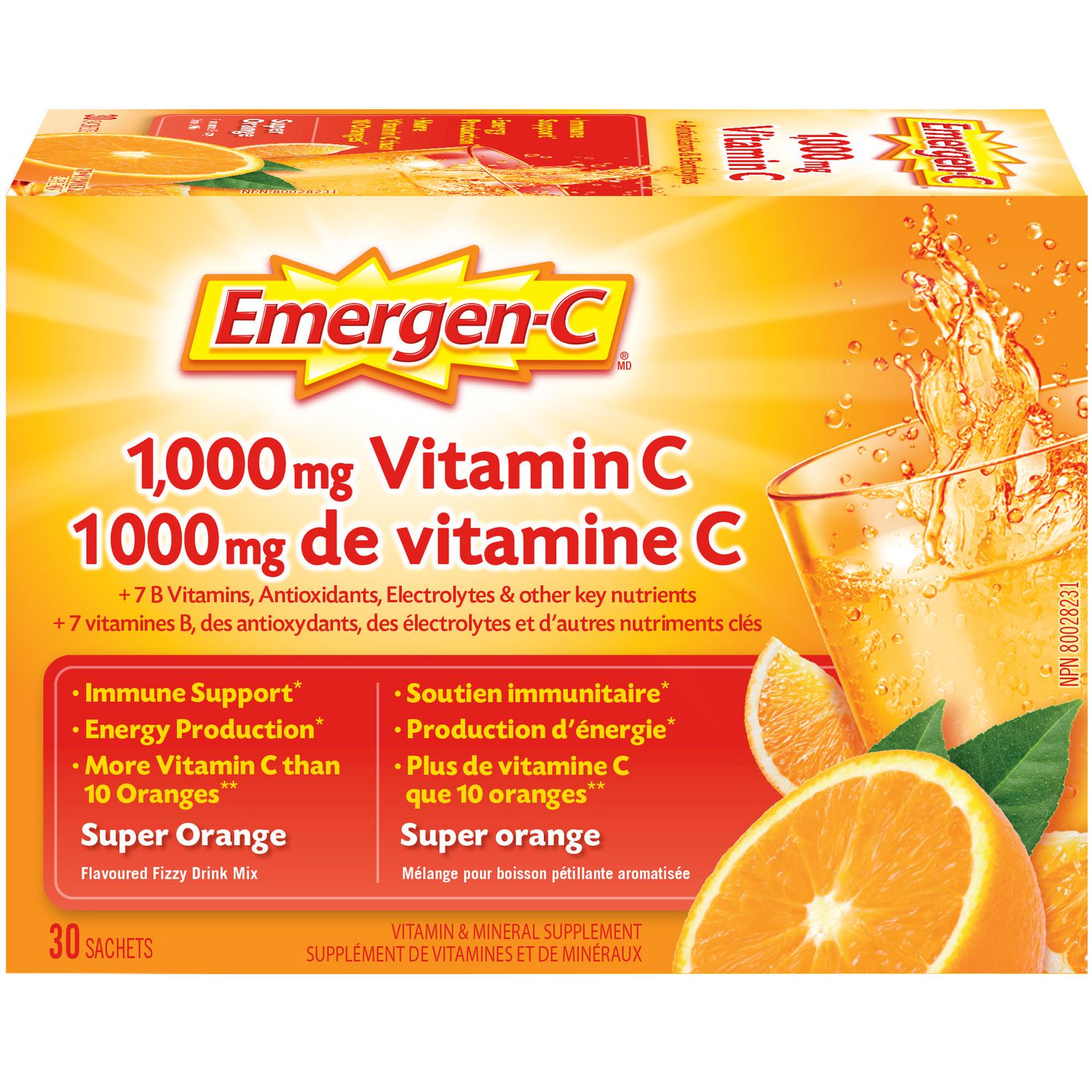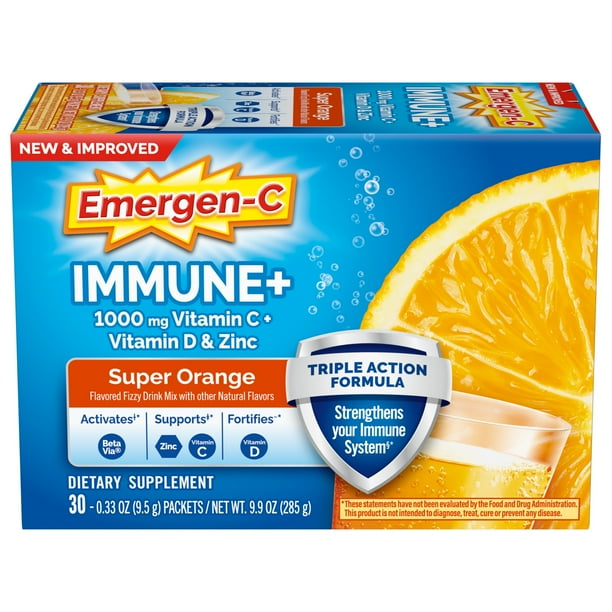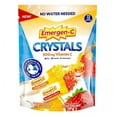Is Emergen C Better Than Airborne
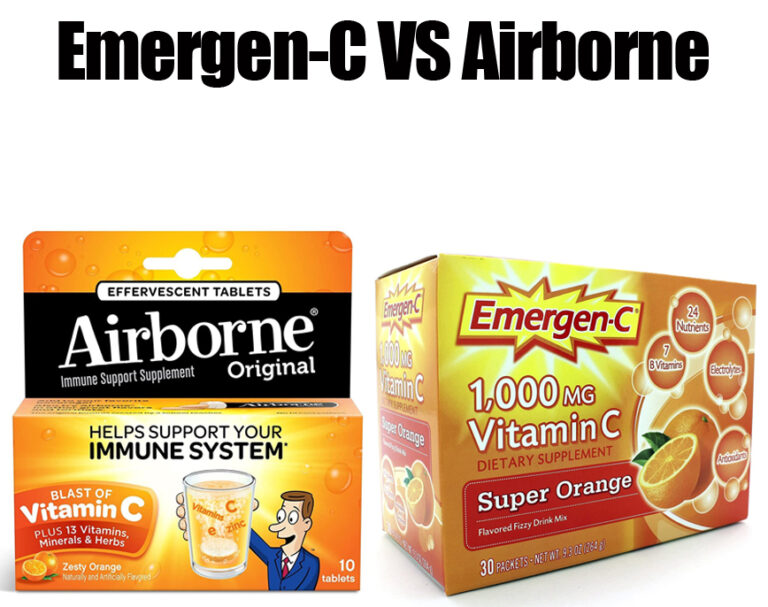
As cold and flu season descends, the supplement aisle becomes a battleground. Consumers, desperate for a shield against sniffles and aches, reach for products promising immune support. Two prominent contenders in this arena are Emergen-C and Airborne, both effervescent concoctions boasting a potent blend of vitamins and minerals. But is one truly superior, or is the choice simply a matter of taste and marketing?
This article delves into a comparative analysis of Emergen-C and Airborne, examining their ingredients, scientific evidence (or lack thereof) supporting their claims, and potential benefits and risks. We will explore what the science says about these popular supplements to help consumers make informed decisions about their health. The goal is to offer clarity amidst the marketing hype, relying on credible sources and expert opinions.
Ingredients and Formulation: A Side-by-Side Comparison
Emergen-C and Airborne share a common foundation: high doses of vitamin C. Emergen-C, in its original formula, typically contains 1000mg of vitamin C, along with B vitamins, electrolytes, and other antioxidants like zinc and manganese. The specific amounts of each ingredient can vary slightly depending on the flavor and formula.
Airborne also boasts a significant dose of vitamin C, generally around 750mg per serving. It further includes a blend of herbs, such as echinacea and ginger, in addition to vitamins and minerals like zinc, selenium, and vitamin A.
The key difference lies in the herbal component of Airborne and the electrolyte focus of Emergen-C. This difference impacts how each product is marketed and potentially how consumers perceive their benefits.
The Science Behind the Claims: Separating Fact from Fiction
The primary claim of both Emergen-C and Airborne revolves around boosting the immune system. Vitamin C, a cornerstone of both formulas, is indeed an essential nutrient involved in immune function. However, the question remains: does supplementing with high doses of vitamin C actually prevent or shorten the duration of colds?
According to the National Institutes of Health (NIH), regular intake of vitamin C might slightly reduce the duration of colds, but it doesn't prevent them.
"For most people, taking vitamin C does not reduce the risk of getting a cold," the NIH states on its website.
The efficacy of other ingredients, such as the herbs in Airborne, is even less conclusive. Some studies suggest that echinacea may have a modest effect on cold symptoms, but the evidence is inconsistent and often of poor quality.
Zinc is another ingredient frequently touted for its immune-boosting properties. While zinc deficiency can impair immune function, supplementing with zinc when not deficient has shown limited benefit in preventing colds.
Expert Opinions and Recommendations
Healthcare professionals generally advise caution when it comes to relying solely on supplements for immune support. "A balanced diet, adequate sleep, regular exercise, and stress management are the cornerstones of a healthy immune system," emphasizes Dr. Emily Carter, a registered dietitian.
Dr. Carter adds, "While supplements like Emergen-C and Airborne may provide a small boost, they shouldn't be considered a substitute for healthy lifestyle habits. High doses of certain vitamins can also have potential side effects."
Other doctors point out that both products are safe to take in moderation, but neither is a miracle cure. They are more likely to provide a placebo effect or a slight reduction in the severity of symptoms.
Potential Benefits and Risks: Weighing the Pros and Cons
The potential benefits of Emergen-C and Airborne are primarily related to their vitamin and mineral content. They can help individuals meet their daily nutrient needs, particularly if their diet is lacking.
However, there are also potential risks associated with high doses of certain nutrients. Excessive vitamin C intake can lead to gastrointestinal upset, such as diarrhea and nausea. It's crucial to adhere to recommended dosages.
Certain individuals should exercise caution when taking these supplements. People with kidney problems should consult with their doctor before taking high doses of vitamin C, as it can increase the risk of kidney stones. Pregnant and breastfeeding women should also seek medical advice before using Emergen-C or Airborne.
Cost Comparison and Availability
Both Emergen-C and Airborne are readily available in most pharmacies, supermarkets, and online retailers. Prices vary depending on the retailer and the specific product formulation.
Generally, Emergen-C and Airborne are similarly priced, with a single-serving packet costing around $0.50 to $1.00. Bulk purchases can often reduce the cost per serving.
Consider the cost per serving alongside the ingredients and potential benefits when making a purchasing decision.
The Bottom Line: Making an Informed Choice
Ultimately, the choice between Emergen-C and Airborne depends on individual preferences and priorities. Neither product is a guaranteed shield against illness, but they may offer a slight boost to overall well-being.
Focus on building a strong immune system through a balanced diet, regular exercise, adequate sleep, and stress management. If you choose to use supplements, do so responsibly and in consultation with your healthcare provider.
The future of immune-boosting supplements lies in ongoing research to determine the true efficacy of various ingredients and formulations. Until then, a healthy lifestyle remains the best defense against colds and other illnesses.
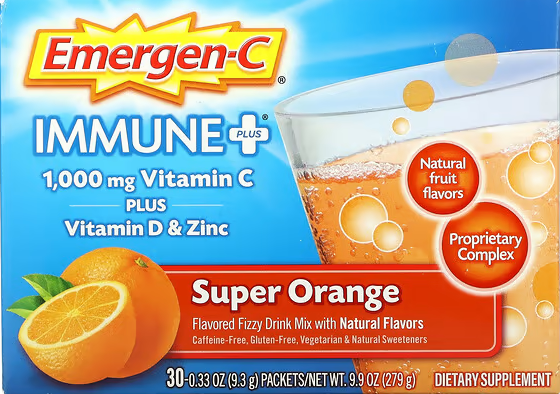

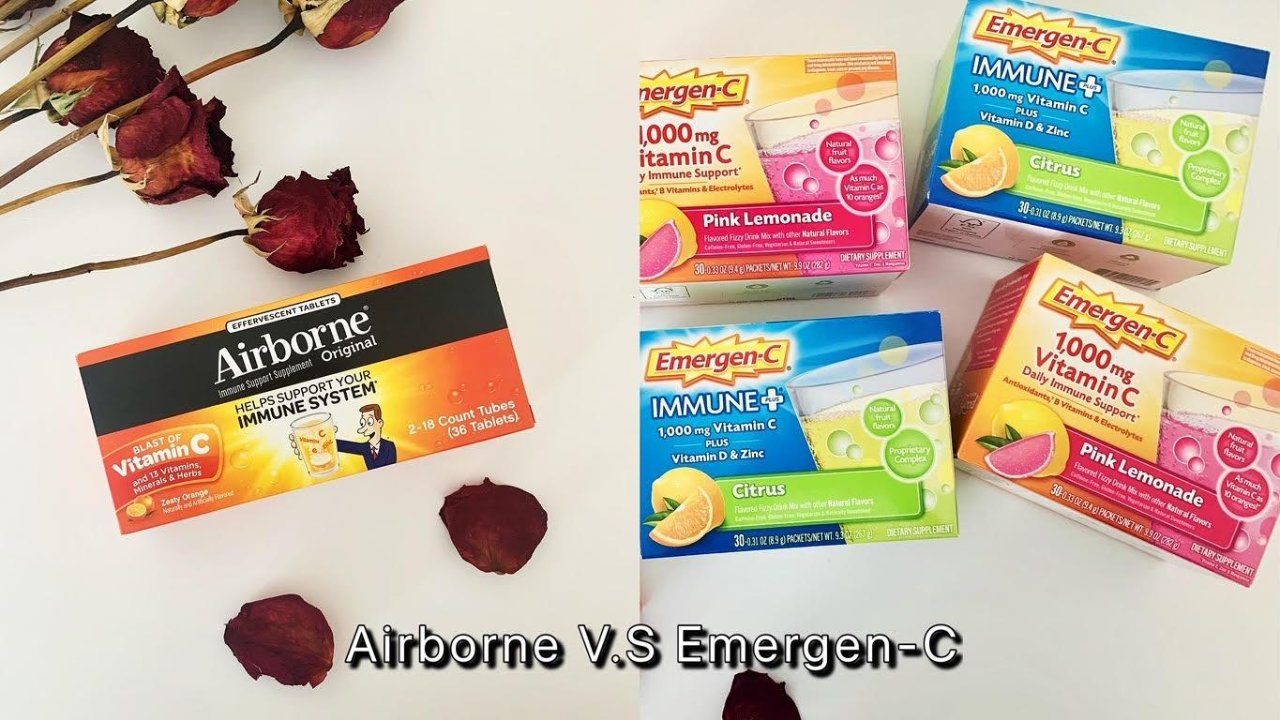








)
